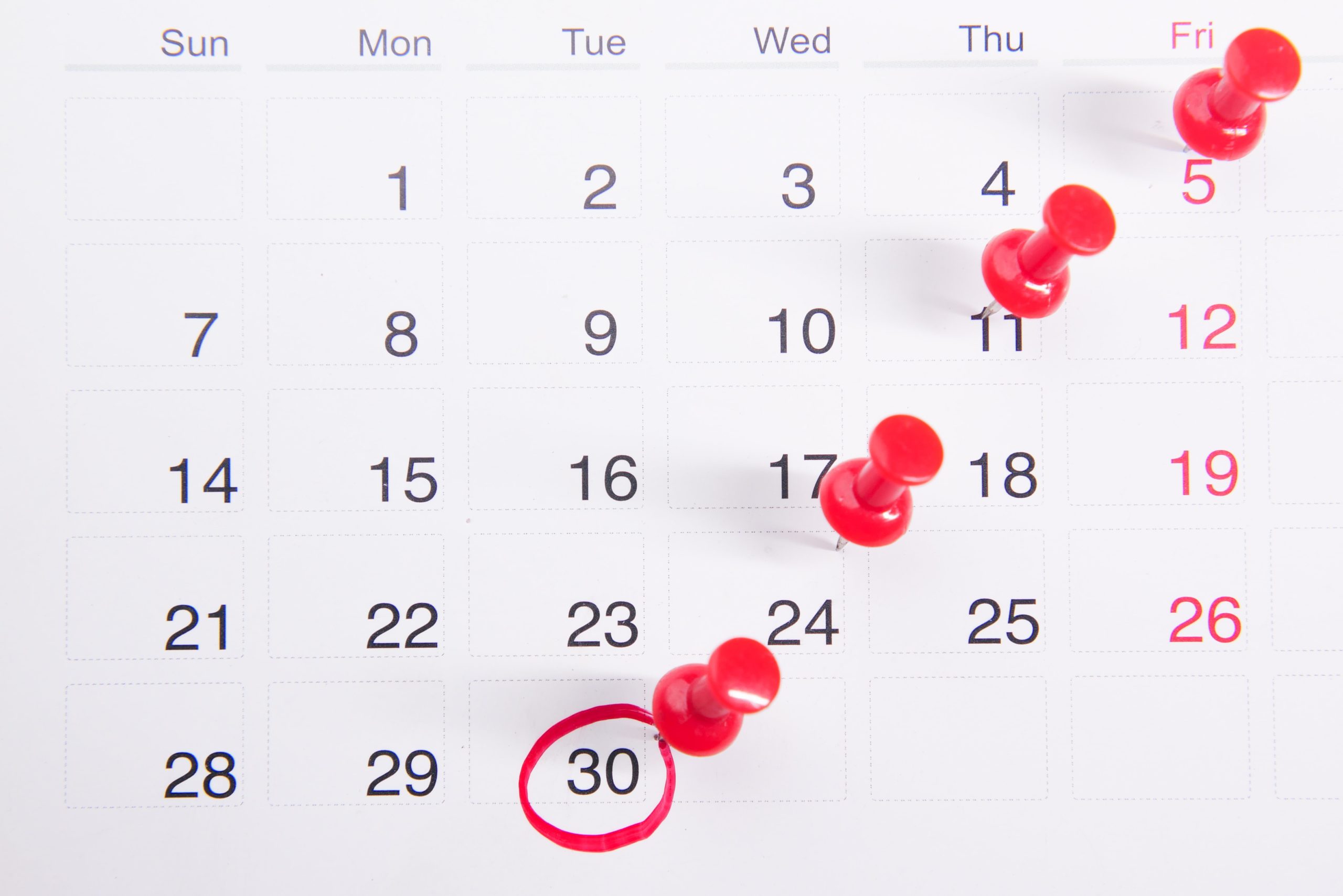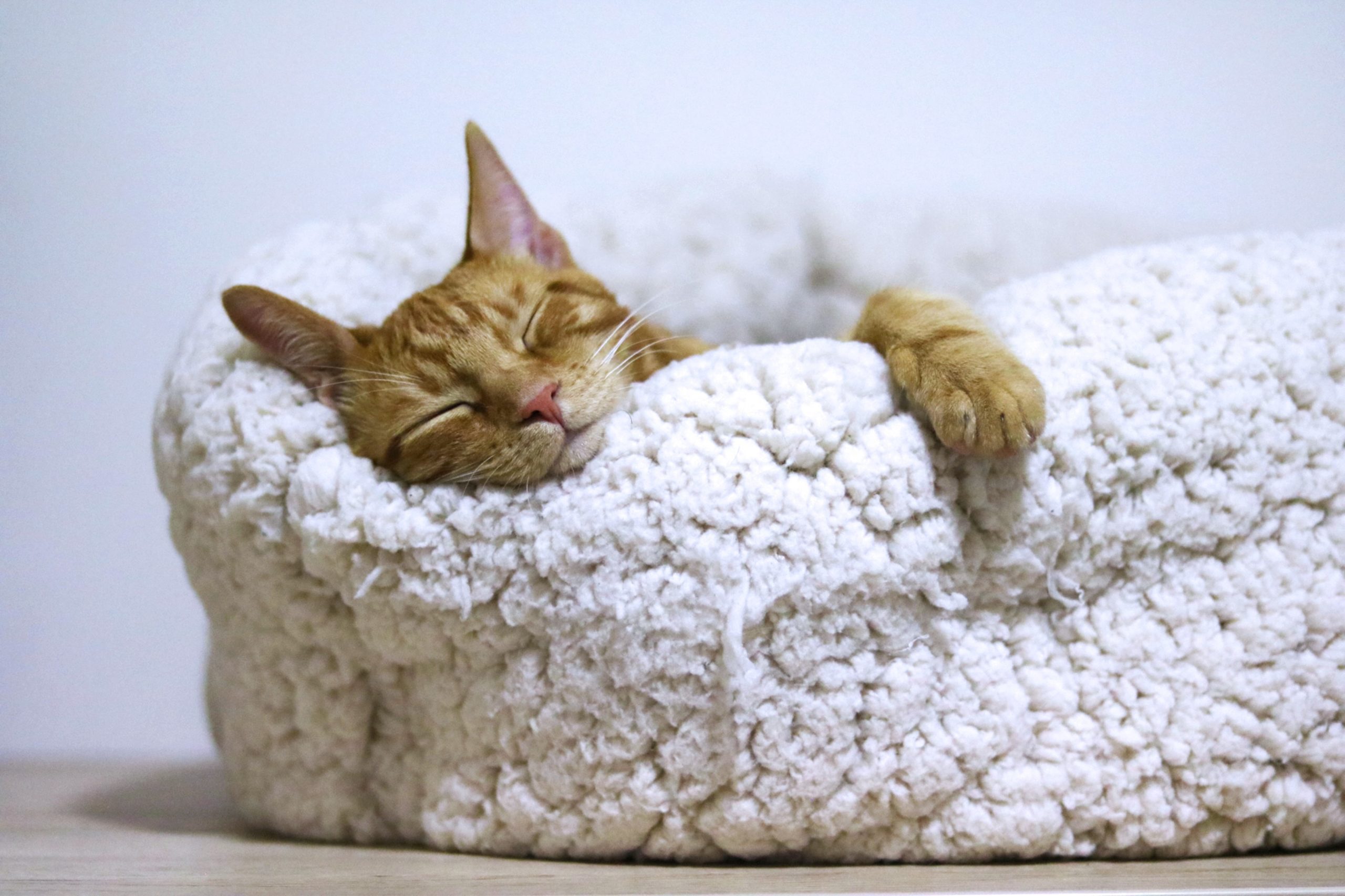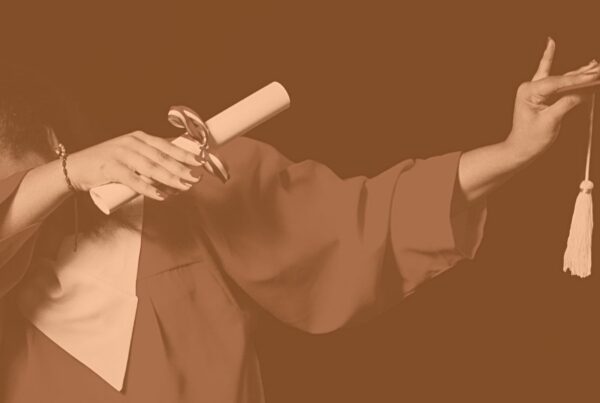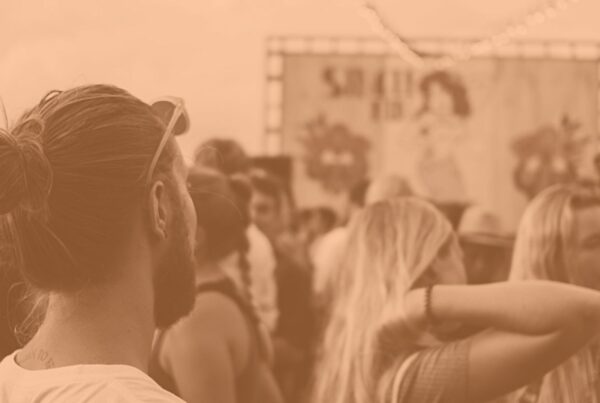As they start wrapping up the year, the Brew Crew talks about the final quarter. It turns out that it’s the most productive season for most of them! But while some reached peak productivity in October, others are putting lots of hours in in December.
In the final 2021 episode of the Event Brew podcast, Nick, Thuy, and Will talk about their workload in December and Q4 in general. They talk about the (not so good) old days when they were more prone to exhaustion and burnout. But as they got more familiar with the events industry, they started to get a hang of the work-life balance. Make sure to tune in and find out what their secrets are. Personal and genuine, this episode is an absolute classic!
Today’s Topic: Productive Season!
Will introduces today’s topic. “Back in the day, we made an episode about event planners using the word ‘busy’. Well, we made it one of the seven deadly sins of Event Brew to ask that question,” says Will. “Thuy, you’re pretty slammed right now. Instead of using the word busy, let’s use the word productive. So, what’s going on for you in this productive season?”
“Q4 is the most productive season for me and many other event professionals, and it’s also the most demanding,” she replies. “It can lead to burnout and over-stressing. And that’s due to tight deadlines, working early mornings and late nights. On top of that, there are budget considerations, executing events right now, and getting ready for the new year.”
December Is Not Everyone’s Productive Season
However, not everyone is overwhelmed these days. “I’m no longer working at events as much,” says Will. “But Endless had a really busy October. That tends to be our productive season. After Thanksgiving, though, it quiets down. But we like it. It’s a good time for us to plan for next year and do a little winter cleaning.”
“I’m primarily in the corporate world,” he adds. “It’s a lot of meetings and conventions. But no one wants to do anything around this time because they’re doing annual last-minute planning and things like that.”
What about Nick? He talks about the two lines of business he knows. “There is no productive or slow season in the software world. You pay monthly. We do different campaigns and at certain times, it’s more likely to convert someone into a subscriber, but that’s relatively static.”
“But when it comes to the virtual event platform where the events themselves take place, there are certain times where corporate does business. So right now, there’s less of that,” he continues. “However, we’ve been doing a lot more holiday parties for internal events. So that fills that vacuum pretty nicely. When it comes to lead generation, this is one of the slowest times of the year.”
 There’s More To Life Than Work
There’s More To Life Than Work
Thuy says that her mindset around the productive season has changed since the beginning of the pandemic. “There’s definitely a lot on my plate, but I feel like this is the first time that I’m in a good state of mind, even though I’m working late and getting a lot done.”
What’s changed? “It’s the company culture that I’m a part of,” she explains. “But it’s also me being able to set healthy boundaries, saying ‘no’, and realizing that I’m more than just my title. I have a life outside of work. Before the pandemic, I was so proud about my title and all that I do in our industry. But now, there are a lot of other things that I can give my mind and energy to.”
Here’s How The Brew Crew Manages In Hectic Times
Next up, the Brew Crew talks tips and advice for busy times and the productive season. “I used to do high school and college events. They primarily took place on Fridays and Saturdays. I only truly got Sundays off, but often, I was just so wiped out that I didn’t want to move.”
But he found a solution. “I’d schedule breaks along the way. It’s more about having the right pace rather than waiting for the two-week vacation. This generally works for everybody in the events industry. You have to design a way to take breaks throughout the week. For example: on Tuesday nights, I go get dinner with my friends. On Wednesday nights, I play board games. On Thursdays, I watch movies. Finding these small breaks along the way allowed me to have much better stamina.”
As Will often does, he recommends a book that explains his tactic in greater detail: The Power of Full Engagement by Jim Loehr and Tony Schwartz. Even though he no longer works weekends and nights, he still keeps these habits in place. “That way, I can have that healthy lifestyle throughout the weekend. I don’t feel burnt out by the end of the week or crave for a Friday.”
Remind Yourself Why You’re In This Line Of Work
What helps Nick stay consistently energized is community and inspiration. “There are various ways to recharge and balance. I keep an eye on the best parts of what I do. I remind myself to be with a community of people who do what I do as well. Also, I go to larger events where you get to be exposed to the smartest and most passionate people.”
Be Compassionate Towards Your Clients & Partners
And Thuy? “On top of setting your boundaries, give grace and compassion to your clients, your supplier partners, your fellow colleagues, and teammates, and then also yourself, because we’re all trying to do the best that we can. We have struggles at work or outside of work. So, let’s be empathetic towards one another. We can’t do our jobs without others. I can’t get my task completed without supplier partners. We should understand that especially during the holidays, there’s a lot of pressure. If my partners can’t meet a deadline, I’m okay with that. As long as they’re communicating, of course”.
Will agrees and offers the perspective of vendors, too. “Be prepared for people to come in. When people are coming in last minute, give them empathy back. I bet a lot of such clients have been sitting in meetings for months, being told ‘no’ for another event or meeting. And then finally, someone realizes they have some budget left over and they let them have a meeting at the very last minute.”
 Vendors Vs. Partners
Vendors Vs. Partners
Nick adds to Will’s point. “We should aim towards building long-term relationships. Being a partner and not just a vendor requires you to be very much on the same page.”
What’s the difference between a partner and a vendor? “A vendor is someone who is used until their usefulness is done. Then, they go on to the next one. I’ve seen certain employers do that with their employees and corners of the industry treating other parts of the industry like that. I’ve certainly been a part of relationships between vendors and vendor partners like that. They’re all missing the secret to long-term sustainable success.”
“Have a team who knows how it is on the other side. That offers a better understanding of our partners. Your ability to connect with them is just so much better,” Nick concludes.
Remember, There’s Always More Work To Be Done
Thuy reminisces about the way she handled productive seasons in the past. “I was so used to pushing myself past my breaking point and taking no breaks. But now, I feel like a veteran in this industry. We will always have work. If I know I’m on a tight deadline and I’m just not creatively there, I actually will give myself a break. I’ll even turn in for the night and then wake up early the next morning, feeling refreshed. That’s why we keep saying productive versus busy. When we’re busy, that doesn’t mean that we’re actually getting things accomplished. In the productive season, we’re in that flow state where the magic happens,” she says.
“The longer that you are in the industry, the easier it is to recognize these things,” agrees Will. “Eventually, you see that everything is going to be okay and you learn to be calm under the surface.”
He has a word for all the new planners tuning in. “If you’ve been doing this less than four years, know that it’s going to get better and you will figure it out as time goes by. This last year’s been absolutely chaotic and we’re right now trying to do anything we can to grow our businesses and exit this pandemic successfully.”
 Productive Season Or Not, Put Yourself First!
Productive Season Or Not, Put Yourself First!
“I used to freak out during busy or productive seasons,” he admits. “There was so much going on. But as you gain experience, you get things more in control. You understand the patterns of what’s happening. You start to create mental models of what’s going to happen. You’ll also recognize that there’s always work around the corner.”
Before they wrap the episode up, Nick gives one final piece of advice to take to the productive season and beyond. “The best way you can take care of other people is to take care of yourself. Similar to the oxygen that you have to pull down in the airplane. First, you put the mask on yourself.”
Heed the Brew Crew’s advice, dear event planner, and take time to recharge your batteries. 2022 is right around the corner, and hopefully, it’s going to be a successful, productive year!










